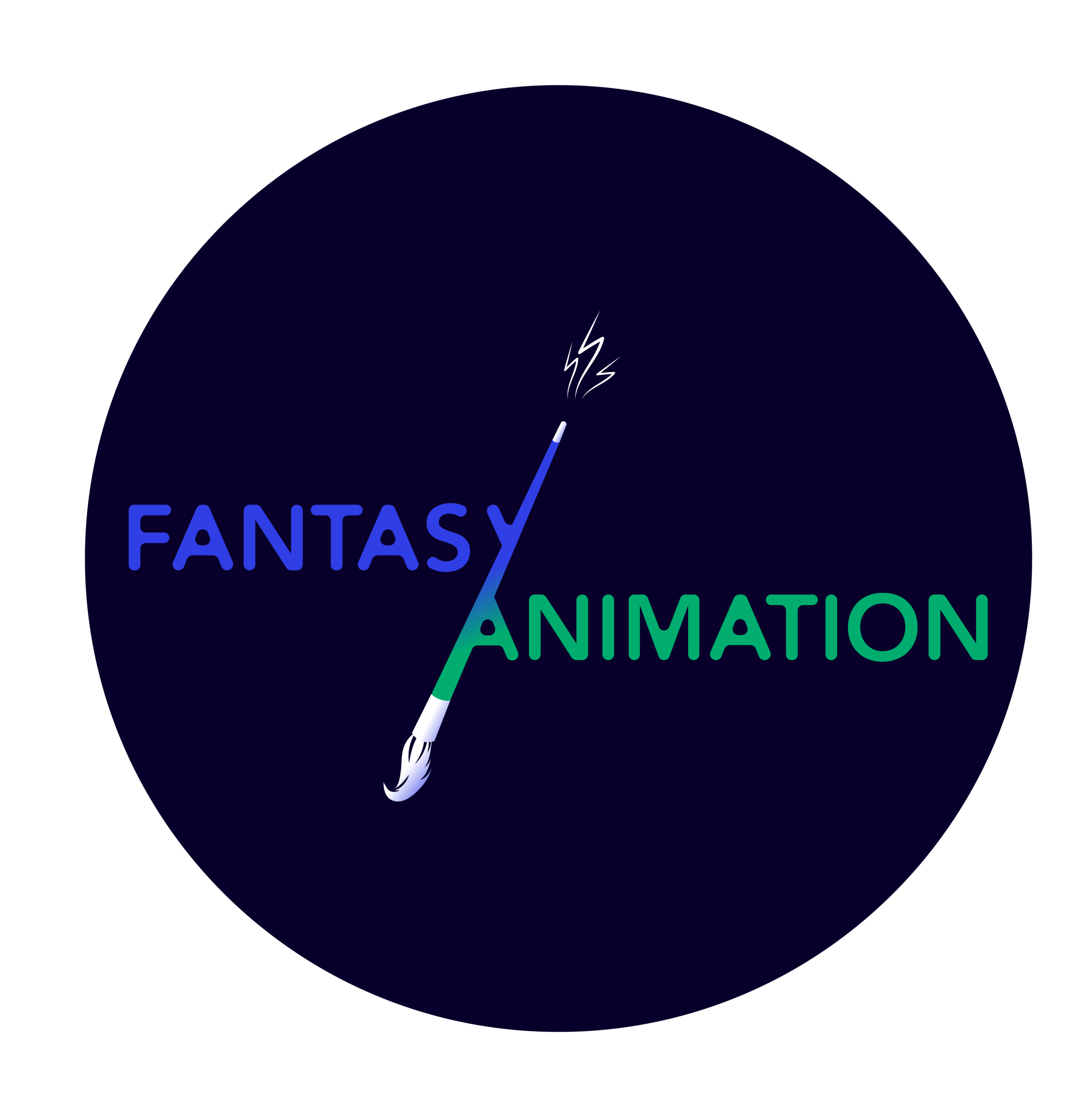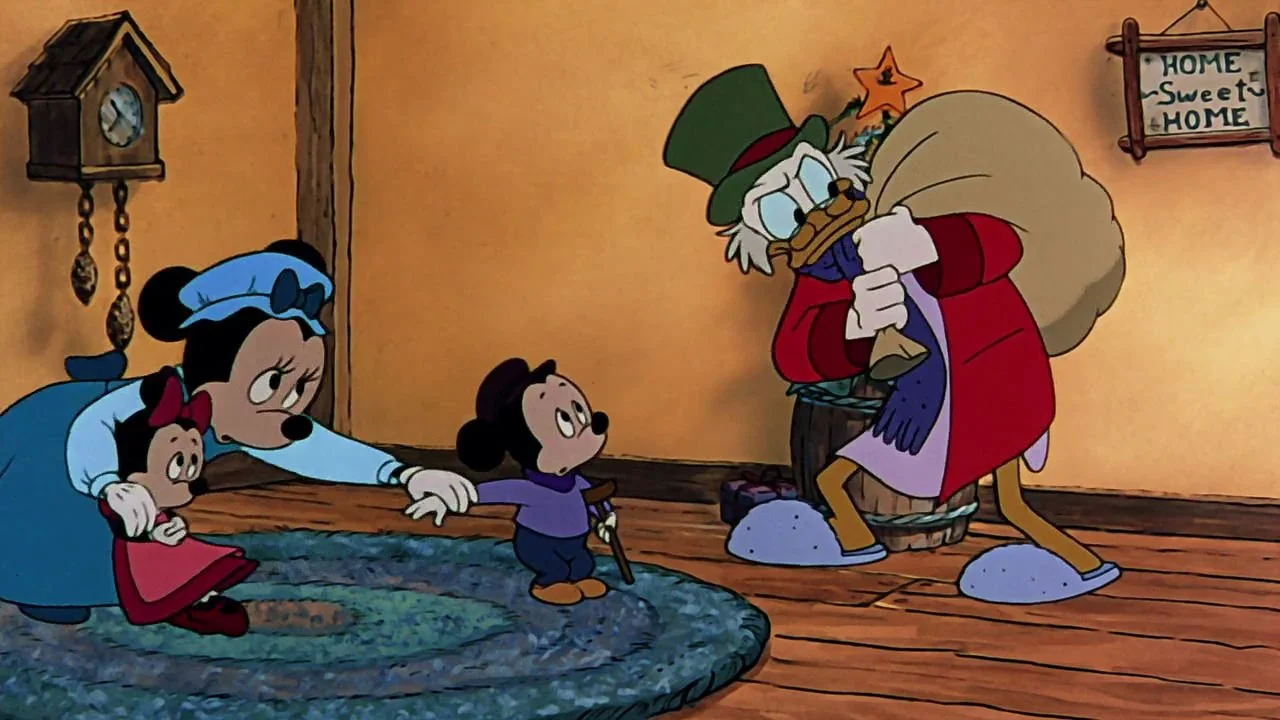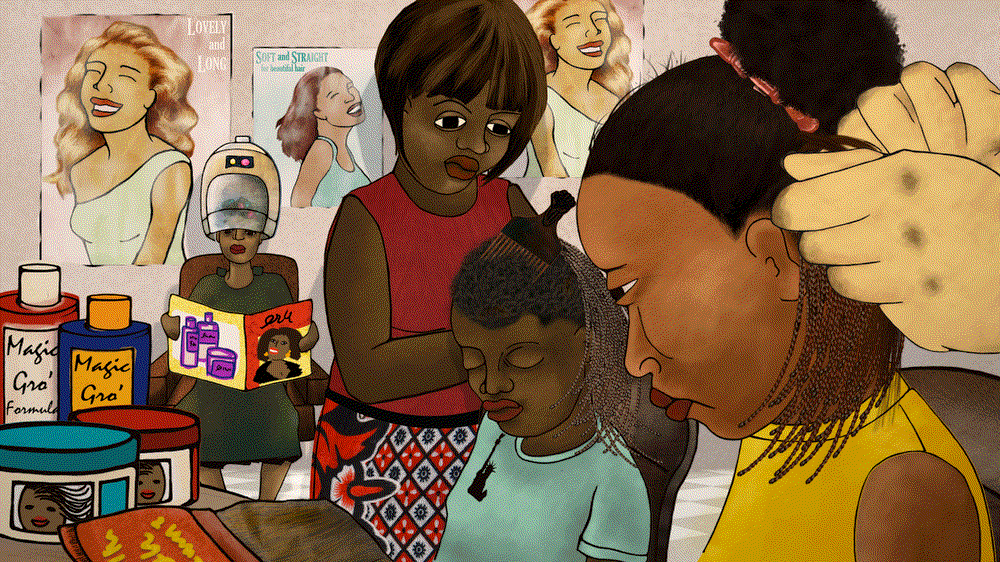Tuck in for some Valentine’s Day spaghetti and meatballs as Chris and Alex chew on Walt Disney’s celebrated cel-animated love story Lady and the Tramp (Clyde Geronimi, Wilfred Jackson & Hamilton Luske, 1955), a musical romance released in the mid-1950s and based on the 1945 Cosmopolitan magazine story “Happy Dan, The Cynical Dog” by Ward Greene. The studio’s first CinemaScope release and a film that coincided with the opening of Disneyland in California, Lady and Tramp is rife with context and offers a number of threads that speak to the landscape of Disney animation in the 1950s.
Read MoreIn this latest episode, Chris and Alex examine one of the most important animation companies of the last 20 years in Hollywood – Blue Sky Studios – who made significant contributions to the shape and direction of U.S. animation, and particularly the computer-animated film. Formed in February 1987 by animator Chris Wedge, the studio recently hit the headlines as they are now sadly in the past tense – The Walt Disney Company acquired Blue Sky as part of their 2019 purchase of 21st Century Fox and then, in February 2021, announced that Blue Sky would be shut down as an animation division. This episode looks back at Blue Sky’s 2011 computer-animated musical Rio (Carlos Saldanha, 2011) with special guest Michael Tanzillo, who worked as a Senior Lighting Technical Director at Blue Sky on a number of computer-animated films.
Read More2022 kicks off with the provocative politics and violent tragedies of See You Yesterday (2019), the Netflix science-fiction feature about the time-travel adventures of two young scientific prodigies in Brooklyn. The special guest for this discussion on the stakes of temporality, the futility of breaking out of a cycle, and the immediacy of racialised trauma is Dr Ebony Elizabeth Thomas, Associate Professor in the Division of Literacy, Culture, and International Education (University of Pennsylvania Graduate School of Education).
Read MoreFor the 2021 Christmas special episode of the podcast, Chris and Alex turn to the short Mickey’s Christmas Carol (Burny Mattinson, 1983), the Walt Disney Studio’s cel-animated retelling of the Charles Dickens masterpiece directed and produced by longtime Disney storyboard artist Burny Mattinson. Joining them to discuss Disney’s cultural relationship to Christmas and its longstanding history of festive-themed productions starring its most beloved characters is Dr Amy M. Davis, Lecturer in Film Studies at the University of Hull.
Read MoreMogwai and monsters after midnight are the focus of Episode 88, as Chris and Alex take a closer look at the part-horror, part-Christmas feature Gremlins (Joe Dante, 1984) with special guest Dr Catherine Lester, Lecturer in Film and Television in the Department of Film and Creative Writing at the University of Birmingham. Catherine’s work focuses largely on the intersections between children’s culture and the horror genre, and she is the author of Horror Films for Children: Fear and Pleasure in American Cinema (Bloomsbury, 2021), and several articles on popular animation and children’s horror cinema.
Read MoreFor Episode 87, Chris and Alex are joined by special guest Dr Yuanyuan Chen, who teaches animation history and theory at Ulster University, for this brief introduction to Chinese animation and the work of the pioneering Shanghai Animation Film Studio. From propagandist impulses and opera traditions to Chinese state politics and painterly aesthetic styles, the complex history of Chinese animation and its more recent iterations are reflected in this cross-section of contemporary examples, which all serve to highlight the creativity of the Shanghai Animation Film Studio and its influential filmmakers.
Read MoreThe result of our latest social media poll charting listeners’ favourite Don Bluth animated film yields the focus of Episode 86, where Chris and Alex uncover The Secret of NIMH (Don Bluth, 1982), the filmmaker’s very first animated feature and one that would set the template for his tone and style to follow.
Read MoreEpisode 85 discusses the recent HBO horror television series Lovecraft Country (2020), developed by Misha Green as a continuation of Matt Ruff’s 2016 novel, and places the story of 1950s racial segregation in the United States on a collision course with the science-fiction world of H.P. Lovecraft. Joining Chris and Alex for this latest episode is Dr Bambi Haggins, Associate Professor in the Department of Film and Media Studies at UC Irvine whose work explores race, class, gender and sexuality in American comedy across media and television history. She is also the author of Laughing Mad: The Black Comic Persona in Post-Soul America (2007), while her current book project, Still Laughing, Still Black examines how Black comedy, culture and reception in the new millennium reflect, refract and reveal the necessity and the power of Black comic discourse and survival laughter since 2008.
Read MoreEpisode 84 takes a trip for the first time to the computer-animated efforts of the DreamWorks Animation studio, often viewed as Disney and Pixar’s commercial rival but whose features frequently offer a biting satirical revision of the narrative and stylistic formulae of these renowned animation heavyweights. For this latest episode on Shrek 2 (Andrew Adamson, Kelly Asbury & Conrad Vernon, 2004), Chris and Alex’s special guest is Dr Sam Summers, Associate Lecturer at Middlesex University and author of the recent DreamWorks Animation: Intertextuality and Aesthetics in Shrek and Beyond (London: Palgrave Macmillan, 2020). Sam is also the co-editor of a collection Toy Story: How Pixar Reinvented the Animated Feature (London: Bloomsbury, 2018) and - alongside journalist Ben Travis - co-host of the Disniversity podcast that offers a crash course through the history of Disney's animated classics.
Read MoreEpisode 83 sees Chris and Alex trace the magical realist threads and overlapping timelines that build Anocha Suwichakornpong’s often confounding drama By the Time It Gets Dark (2016) (known in Thai as Dao Khanong), replete with its shifting realities, fleeting digital VFX and a pivotal citation of the ‘father of fantasy’ (as well as one of cinema’s first animators) Georges Méliès. Joining them to discuss Suwichakornpong’s mesmerising, kaleidoscopic, and highly original second feature film that dramatises the events of the 1976 Thammasat University massacre is Dr Felicity Gee, Senior Lecturer in Modernism and World Cinema at the University of Exeter, and author of the recent Magic Realism, World Cinema and the Avant-Garde (London: Routledge 2021).
Read MoreThe spectacular animated world of U.S. filmmaker Don Bluth is the focus of Episode 82, with Chris and Alex journeying to the Great Valley for this discussion of The Land Before Time (Don Bluth, 1988). Joining them is Dr Mark Witton, vertebrate palaeontologist and palaeoartist (based at the University of Portsmouth), who is best known for his scientific research and illustrations around the habits and behaviors of pterosaurs, as well as his consultancy work with museums and on the BBC television series Walking with Dinosaurs (1999) and Planet Dinosaur (2011).
Read MoreEpisode 81 of the podcast provides an introductory survey of Sub-Saharan African animation, as Chris and Alex plot a pathway through a cross-section of animated fantasies covering a multitude of forms, styles and modes from a number of African countries and territories. Joining them is Dr Paula Callus, Associate Professor in Computer Animation at Bournemouth University and an expert in Sub-Saharan African animation, who has also worked as a consultant and educator on the UNESCO Africa Animated projects in Kenya and South Africa, and who has been involved in projects looking at marginalization and the use of digital technologies (with a focus upon Arts, Activism and Marginalization in Nairobi).
Read MoreChris and Alex return once more to the pioneering work of stop-motion animator and effects artist Ray Harryhausen, this time looking at his 1973 fantasy film collaboration with director Gordon Hessler, The Golden Voyage of Sinbad. For Episode 80, the focus is on the quasi-parasitic relationship between live-action and animation filmmaking, and the spectatorial fantasy engendered and invited by each form of moving image technology.
Read MoreEpisode 79 marks a special edition of the podcast, recorded back in February 2021 as part of the virtual Fantasy/Animation @ Canterbury Anifest event where Chris and Alex curated a series of podcasts, themed blog posts, a roundtable on the topic of diversity and inclusion (returning to the Anti-Racist Syllabus) and a live Q&A, as well as premiering a brand new Fantasy/Animation podcast episode released exclusively for festival attendees.
Read MoreThe 2002 Disney science-fiction epic Treasure Planet (Ron Clements & John Musker, 2002) is the focus of Episode 78 of the podcast, which looks at the melding together of the Disney formula with space fantasy in this swashbuckling adaptation of Robert Louis Stevenson’s 1883 adventure novel Treasure Island. Joining Chris and Alex for this bumper episode are two very special guests: Ron Clements and John Musker, who aside from writing and directorial duties on Treasure Planet are known as a filmmaking duo absolutely central to the renaissance of Disney animation in the 1980s and 1990s.
Read MoreThe first instalment of The Hunger Games (2012) franchise, directed by Gary Ross, provides the focus of Episode 77 of the podcast, which looks at the film’s connections to ethics, rationality and affect, and what structures our emotional engagement with its narrative of totalitarian systems and panoptic visions. Joining Chris and Alex to examine the immersive world of Panem is Dr Tarja Laine, Assistant Professor in Film Studies at the University of Amsterdam and author of the new monograph Emotional Ethics of The Hunger Games (2021), as well as the books Bodies in Pain: Emotion and the Cinema of Darren Aronofsky (2015), Feeling Cinema: Emotional Dynamics in Film Studies (2011) and Shame and Desire: Emotion, Intersubjectivity, Cinema (2007).
Read MoreThe politics and proxies of James Cameron’s 2009 blockbuster Avatar provide the focus for Chris and Alex in Episode 76, as they plug into Pandora to make sense of the relationships between the film’s ecological sensibilities and its technological prowess. Joining them is Rupert Read, Associate Professor of Philosophy at the University of East Anglia who specialises in everything from the philosophy of Ludwig Wittgenstein to the contemporary climate crisis. Rupert was also a spokesperson for Extinction Rebellion (authoring the 2020 book Extinction Rebellion: Insights from the Inside), and was a Green Party councillor from 2004-2011 (having stood for both national parliamentary and European elections).
Read MoreFor Episode 75, Chris and Alex revisit the work of Aardman Animations, taking a look at their debut feature film Chicken Run (Peter Lord & Nick Park, 2000), whose narrative of meat pies and morality remains underwritten by the Bristol-based studio’s signature stop-motion style and very British sense of anarchy. Joining them for this discussion of the art of poultry-in-motion is Chicken Run’s very own Mac, the loveable Scottish genius engineer chicken voiced by writer, actress, and story coach and consultant Lynn Ferguson.
Read MoreIn this latest episode, Chris and Alex sit down with the Disney+ series WandaVision (Jac Schaeffer, 2021), a spectacular fantasy of U.S. television history that continues the citational practices and narrative complexities of the Marvel Cinematic Universe, yet does so by working through the industrial, cultural and stylistic lexicon of the sitcom.
Read MoreEpisode 73 reaches deep into the science, spaces and squids of Arrival (Denis Villeneuve, 2016), the recent science-fiction feature starring Amy Adams and Jeremy Renner, and based on Ted Chiang’s 1998 short story “Story of Your Life.” Joining Chris and Alex to discuss this atmospheric subversion of the sci-fi genre is Dr William Brown, Independent Scholar and Honorary Fellow at the University of Roehampton whose research expertise focuses on contemporary digital and new media, posthumanism, critical race theory, and film-philosophy.
Read More























